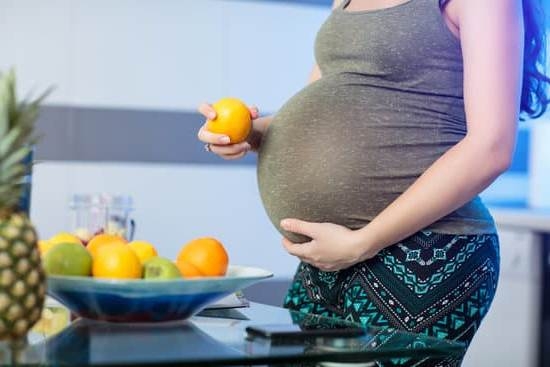Normal Pregnancy Iron Levels
Iron is an essential mineral that is important for the normal development of a pregnancy. Providing adequate levels of iron during pregnancy is important for both the mother’s and baby’s health. Here is an overview of normal pregnancy iron levels, as well as tips on how to increase your pregnancy iron levels.
What is the Recommended Iron Intake During Pregnancy?
The Institute of Medicine recommends that pregnant women get 27 milligrams per day of iron, which is double the recommended amount for non-pregnant women. That amount should come from both dietary sources and iron supplements, if recommended by your doctor.
Why is Iron Important During Pregnancy?
Iron helps to create more red blood cells to help support a mother’s increasing blood volume during pregnancy. It also helps to create myoglobin, which stores oxygen in the muscle cells,Which makes it easier for a pregnant woman to feel healthy in her daily activities. It’s also essential for the normal development of a baby’s brain and nervous system.
What Are the Signs of Iron Deficiency During Pregnancy?
If a pregnant woman does not have enough iron during her pregnancy, it can cause limited oxygen supply to her baby, resulting in potential health risks. Some common signs and symptoms of iron deficiency during pregnancy can include:
- Fatigue
- Shortness of breath
- Paleness
- Feeling weak
- Headaches
- Difficulty sleeping
- Dizziness
It’s important to speak with your doctor if you are experiencing any of these symptoms.
Food Sources of Iron During Pregnancy
It’s important to get your daily recommended amount of iron from food sources whenever possible. Some excellent sources of dietary iron that are safe for pregnant women to consume include:
- Organ meats (such as liver)
- Dried fruits (such as apricots, prunes, and raisins)
- Oysters
- Beef
- Dark green leafy vegetables
- Sun-dried tomatoes
- Iron-fortified cereals
- Cooked soybeans
- Nuts
- Seeds
It’s also important to get enough Vitamin C in order to absorb iron. Therefore, it’s best to pair iron-rich foods with sources of Vitamin C such as citrus fruits, tomatoes, and peppers.
Iron Supplements During Pregnancy
If your doctor has recommended iron supplements during your pregnancy, it’s important to take them as prescribed. Iron supplements can come in various forms, such as iron sulfate, ferrous fumarate, ferrous gluconate, and more. It’s best to take iron supplements with plenty of water and on an empty stomach, in order to help with absorption. If your doctor does not suggest iron supplements, it’s important to get your daily required amount of iron from food sources.
Overall, it’s important to get adequate amounts of iron during pregnancy in order to support the health of both the mother and her baby. Sources of iron, such as food and iron supplements (if recommended) are essential for healthy, normal iron levels during pregnancy.

Welcome to my fertility blog. This is a space where I will be sharing my experiences as I navigate through the world of fertility treatments, as well as provide information and resources about fertility and pregnancy.





